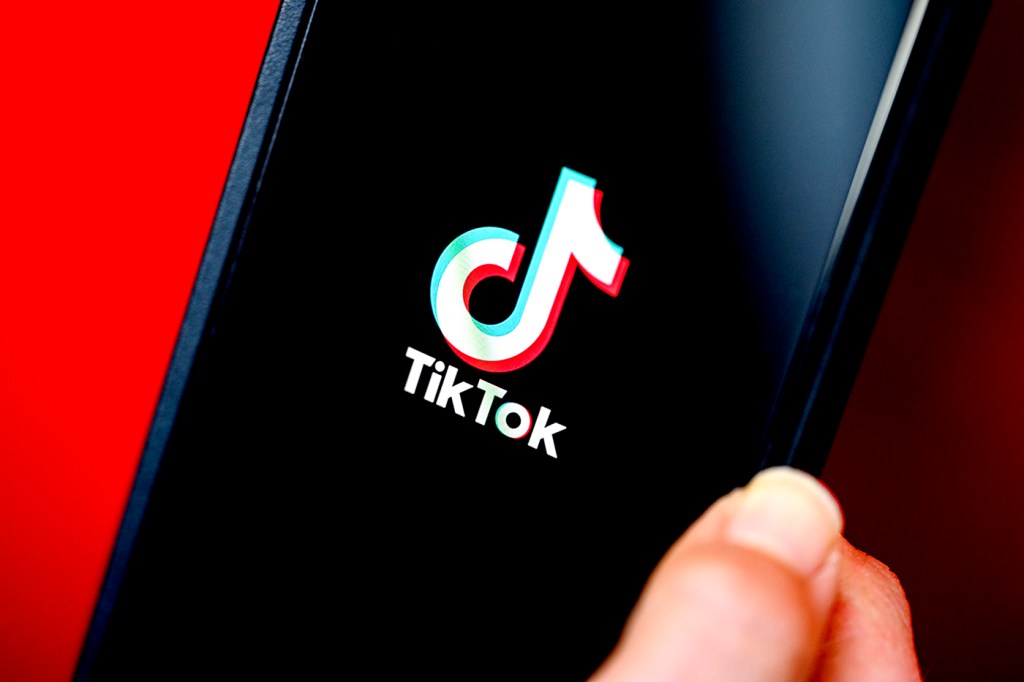U.S. House passes possible TikTok ban, but will it get through the Senate? Experts aren’t so sure
The bill now heads to the Senate, but it faces dissent from lawmakers and influencers and potential legal action, Northeastern University experts say

In one of the strongest actions yet taken against a social media company in the U.S., the House passed legislation that aims to force TikTok owner ByteDance to sell the popular social platform or face a nationwide ban of the app.
The bill, which saw an overwhelming amount of bipartisan support, aims to address national security and data privacy concerns over ByteDance’s connections to the Chinese government, concerns that TikTok claimed, before Congress, are unfounded. The legislation essentially gives ByteDance six months to sell the platform to a buyer approved by the U.S. government. If ByteDance fails to do so, it would become illegal for app stores to distribute the app in the U.S.
The bill moved surprisingly quickly from the House Energy and Commerce Committee through the House and President Joe Biden has already said he will sign it.
Nick Beauchamp, associate professor of political science at Northeastern University, says it would normally make sense for a bill that passed through the House with a supermajority to take a similar path through the Senate. But its path in the Senate is actually less clear, he says.
Beauchamp says a potential stumbling block could be Senate Majority Leader Chuck Schumer, who has been surprisingly noncommittal about bringing the bill to the Senate floor.
“To be honest, I don’t know why Schumer would be hesitating at this particular time to bring it up in the Senate,” Beauchamp says. “His ideology is well within the sphere of the ideology of the Democrats who voted for it [in the House].”
“Typically, a lot of these things will be passed with even larger majorities in the Senate,” Beauchamp adds. “If it wasn’t for the fact that Schumer is sitting on it and people are unsure, I would think it should have no problem going through the Senate.”
The legislation already has supporters and critics from senators on both sides of the aisle, and the despite the bill’s expedited path through the House, there is also seemingly less urgency around it in the Senate.
“It’s hard for me to imagine that it’ll be real fast,” Sen. Kevin Cramer (R-ND) said to reporters of the bill’s path through the Senate, according to CBS. “We don’t do things fast. We’re designed not to do things fast, so I would think months.”
But Beauchamp says the bill’s bipartisan success in the House is evidence of how the legislation speaks to several distinct fears around TikTok, and social media in general, that exist across the political spectrum. In that way, it’s a “perfect bill,” he says.
“It speaks to people who are worried about national security, it speaks to people who are worried about privacy, it speaks to people who are worried about misinformation, and those are three totally different things that all get bundled together,” Beauchamp says. “Then, of course, it speaks to people who are anti-China nationalists.”
John Wihbey, an associate professor of media innovation and technology at Northeastern University, says the bill could become mired in the Senate or in the courts and have very little impact in the short-term. More importantly, he says, it doesn’t address the data privacy and national security issues voiced by House lawmakers.
“It’s surprising that of all the ways to take a new step forward on regulation in the technology and social media space, a TikTok ban would be the opening move by Washington,” Wihbey says. “While it addresses some important concerns, it doesn’t solve for large structural issues that have been the subject of innumerable hearings before Congress over the last few years.”
“If Congress wanted to really solve this problem, they would put forward a comprehensive privacy bill that also included special provisions that would attend to national security concerns relating to data sharing with foreign-owned companies,” he adds. “That would be a comprehensive, sustainable solution.”
Instead, the House has put forward an extremely targeted piece of legislation that, Wihbey says, disrupts a platform with 170 million U.S. users and is “practically begging for a whole bunch of litigation.”
Featured Posts
TikTok’s place in the online ecosystem is hard to understate. It’s where millions of Americans, particularly younger Americans, express themselves, get and share information and news and organize activist efforts. The damage a TikTok ban could have on “the overall ecosystem of speech and expression and creative activity online” would be seismic, Wihbey says. However, he adds that even if it were banned, there are now short-form video alternatives like Instagram Reels and YouTube Shorts that didn’t exist a few years ago.
Wihbey and Beauchamp agree that the concerns cited by lawmakers around data sharing on TikTok are, in some cases, warranted, but those issues aren’t exclusive to TikTok and extend to other social media companies like Meta. It’s a problem that the U.S. should be tackling but one that requires better online privacy laws writ large.
“I do think there’s an underlying problem with potential backdoor data access to contacts, geolocation and other forms of data on peoples’ phones, so I think it’s legitimate for Congress to look at this issue,” Wihbey says. “But the way to do it is to pass comprehensive privacy legislation, with a particular focus on the ByteDances of the world.”











